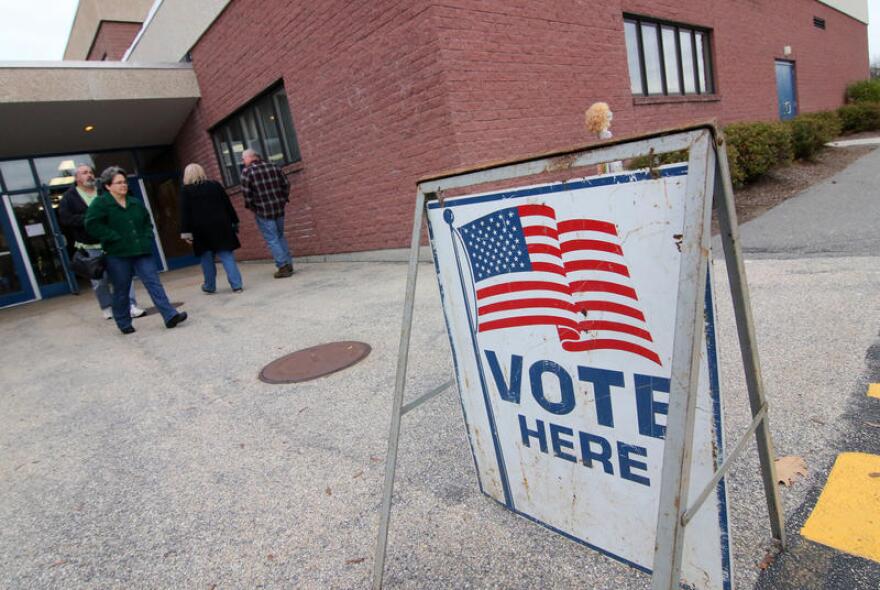State law says, to vote in New Hampshire you have to be "domiciled" in the state; in other words - consider the state your home. But you don’t necessarily have to be residing in the state at the time of the election.
It's the definition of that word "domicile" that's fueling much of the current debate over state voting regulations after new videos from last week’s presidential primary claim to show several instances of voter fraud.
On Thursday the House Election Law Committee reviewed a bill that would require that a person live in the state for 10 days before he or she could vote. The Senate is also considering a residency requirement - this one for 30 days. Last year a similar measure was vetoed by Gov. Maggie Hassan.
Opponents of residency requirements argue it’s unconstitutional and that voter fraud is not an problem in New Hampshire.
But Rep. Will Gannon, a Republican from Sandown, says video footage released last week, and now under review by the state Attorney General, tells a different story.
“I observed more fraudulent voting –I don’t know if any of you saw it on TV, and they showed fraudulent voting occurring at the voting places, so I maintain there is a problem,” Gannon told colleagues.
Another bill deals with whether a person should be allowed to vote in New Hampshire elections - even if they don't plan to stay in the state? A state Supreme Court ruling last year implied they can.
But Rep. David Bates, a Republican from Windham, wants to change that. That’s why he's trying to pass a constitutional amendment that would require New Hampshire residency for a person to vote in New Hampshire.
“We let people come from other states who don’t pretend to be residents of New Hampshire – they are not lying – not trying to mislead us. You can come and admit that you are a resident of another state but sign a statement claiming you are domiciled here and it’s ridiculous,” Bates said after Thursday's hearing. Bates also pointed to the recent videos as evidence.
The measure passed the House Election Law Committee 11 to 7, along party lines, Republicans in favor. It now moves to the full House, where it needs a super majority in both chambers before it can be put on the ballot for voters to weigh in.
The committee also took up a bill looking to allow incarcerated felons to vote by absentee ballot, which failed 15 to 3. Those opposed to the measure argued losing your right to vote is part of the punishment for committing a felony.







